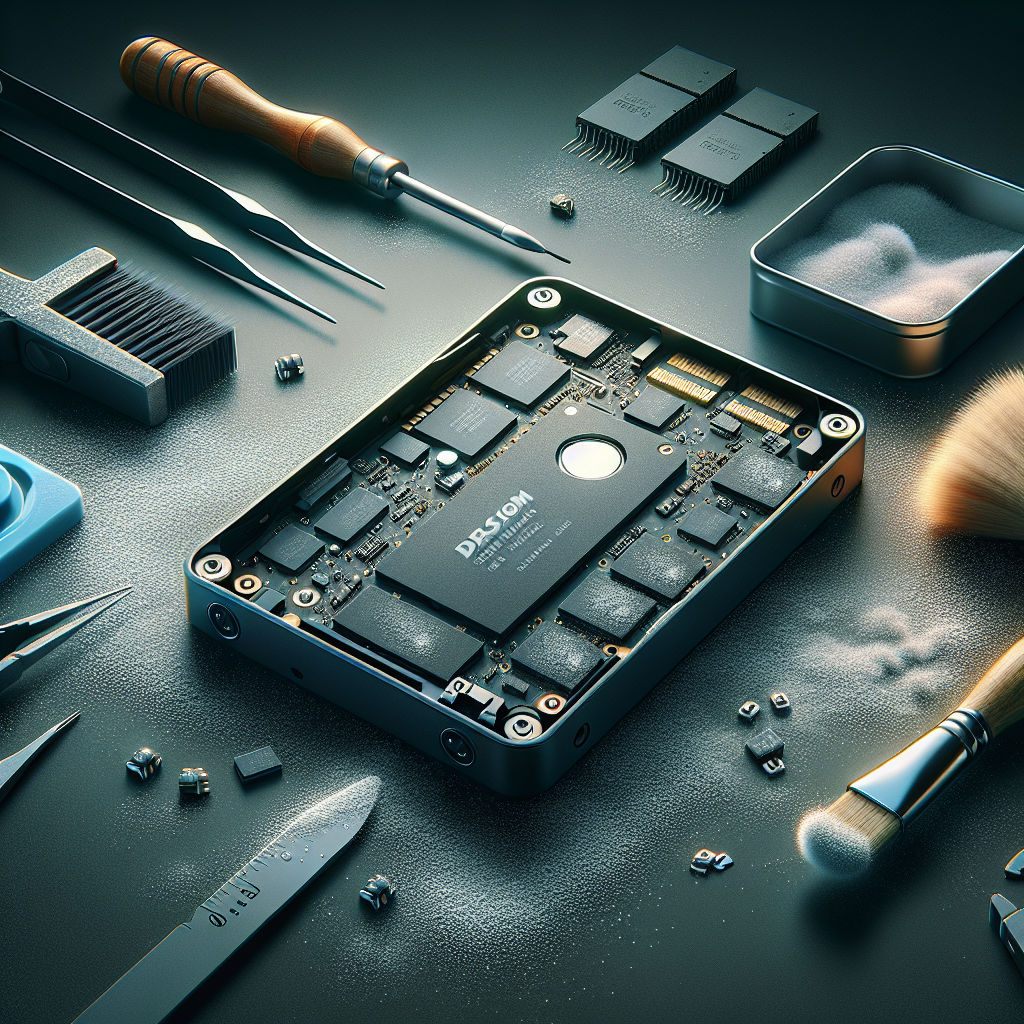Solid-state drives (SSDs) have become increasingly popular in recent years due to their fast read and write speeds, making them a preferred choice for many computer users. However, like any electronic device, SSDs require proper maintenance and care to maximize their lifespan and ensure optimal performance. In this article, we will discuss some tips for maintaining and caring for your SSD to prolong its lifespan and keep it running smoothly.
1. Avoid filling up your SSD to its maximum capacity: One of the most important tips for maintaining your SSD is to avoid filling it up to its maximum capacity. SSDs perform best when they have some free space available for wear leveling and garbage collection processes. It is recommended to keep at least 10-20% of the SSD’s capacity free to ensure optimal performance.
2. Enable TRIM support: TRIM is a command that helps optimize the performance of SSDs by allowing the operating system to inform the SSD which data blocks are no longer in use and can be erased. Enabling TRIM support can help improve the lifespan and performance of your SSD.
3. Update firmware regularly: SSD manufacturers often release firmware updates to improve the performance, compatibility, and reliability of their drives. It is important to regularly check for firmware updates and install them to ensure that your SSD is running on the latest version.
4. Avoid defragmenting your SSD: Unlike traditional hard drives, SSDs do not require defragmentation as they do not have moving parts. In fact, defragmenting an SSD can actually reduce its lifespan by causing unnecessary read and write operations. It is best to avoid defragmenting your SSD and let the wear leveling and garbage collection processes handle data organization.
5. Use an SSD-friendly operating system: Some operating systems, such as Windows 7 and later versions, have built-in features that are optimized for SSDs. These features include TRIM support, AHCI mode, and SSD-specific drivers. Using an SSD-friendly operating system can help improve the performance and lifespan of your SSD.
6. Avoid excessive heat: Excessive heat can reduce the lifespan of your SSD and cause it to fail prematurely. It is important to ensure that your SSD is properly ventilated and not subjected to high temperatures. Using a laptop cooling pad or installing additional case fans can help keep your SSD cool and prevent overheating.
By following these tips for maintenance and care, you can help maximize the lifespan of your SSD and ensure that it continues to perform at its best. Taking proper care of your SSD will not only prolong its life but also save you money in the long run by avoiding premature failure and the need for costly replacements. Remember to regularly backup your data to prevent data loss in case of SSD failure, and consider investing in a quality SSD from a reputable manufacturer for reliable performance and longevity.


Leave a Reply